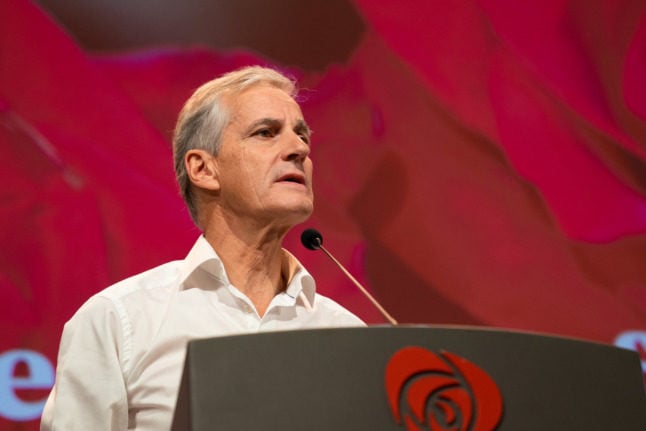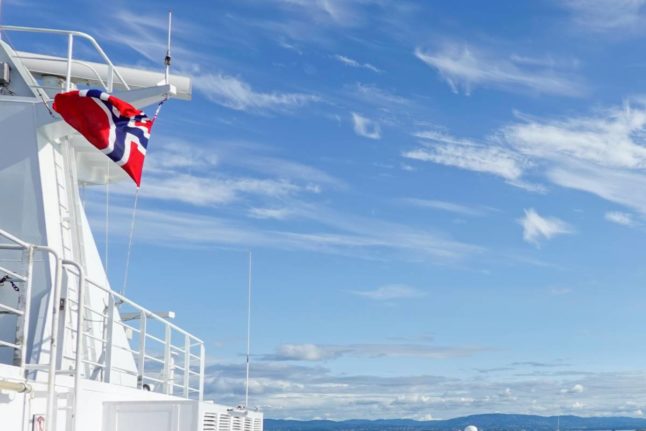More than a week and a half after the polls closed and all the votes were counted, it still isn’t exactly clear when Norway will have its next government.
This is because Norway’s victorious opposition parties are still in the process of thrashing out all the details of the country’s next coalition government and trying to reconcile their differences on key policy issues such as tax, oil, the environment, and immigration. You can take a look at some of the key points of contention between the parties here.
Negotiations began proper on Thursday after a week of informal talks, dinners and meetings following the election.
Leaders have remained tight-lipped on the demands they will make in talks but have maintained they are open to working things out with one another, even the Centre Party, who in the lead up to the election said they wouldn’t work with the Socialist Left Party.
However, that position eased towards the back end of last week after the party appeared to be increasingly split on whether they should sit at the negotiating table with the Socialist Left Party.
The very early talks are taking place at the Hurdalsjøen hotel, Hurdel, north of Oslo. The parties have remained very hush hush around how the talks were ticking along. Although, the press are speculating that the early discussions are very general and focused on finding consensus around several vital differences.
READ MORE: What changes could Norway’s new government make to taxes?
How smoothly the talks’ progress will dictate what happens next and how long it will be until a new government is formed.
If the parties can all come to an agreement and resolve any issues or differences in a relatively orderly manner, then the process of sorting the finer details such as forming a cabinet and deciding who gets what post will be next.
Suppose the talks don’t go smoothly, then negotiations could drag on for weeks. Alternatively, the parties could go back to the drawing board if it’s decided that their differences are too significant to resolve.
This would mean Labour trying to gather support from the Green Party or Red Party or ruling in a minority government but with the support of other parties as Solberg’s outgoing government has done on and off since 2013.
Once all of the details have been ironed out and smoothed over, and it’s been decided who will be in the cabinet, then, the current prime minister, Erna Solberg, will submit their formal resignation and advise the King on who the next prime minister will be. In this case, it will be Jonas Gahr Støre.
READ MORE: Who is Jonas Gahr Støre, Norway’s likely new prime minister?
Then after that, Støre will report to the King to inform them that everything is in place for a new government to be formed. The King and the outgoing government will then set a date for the new government to take over. Finally, the outgoing government will have its last cabinet meeting.
When all this could happen is currently tricky to predict, given that negotiations could end after a couple of days or a few weeks. However, it is widely expected that the new government will take over sometime in October.



 Please whitelist us to continue reading.
Please whitelist us to continue reading.
Member comments